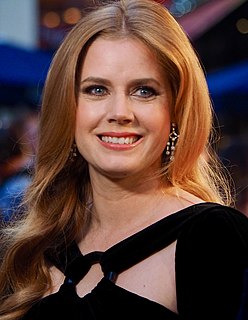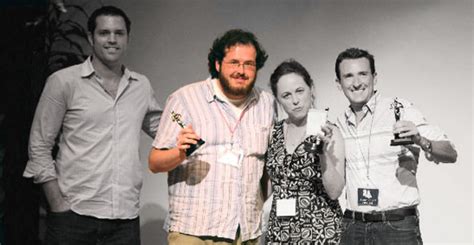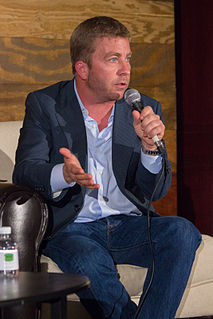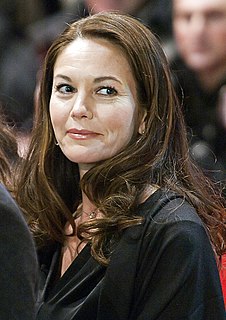A Quote by Danny Boyle
I always wanted to make this film or another film. I thought the worst thing you could do was to react to Slumdog's success in some way. I thought it would be really foolish.
Related Quotes
First, there has been a lot of interest in The Drive-in, but, alas, it hasn't actually come to fruition. Maybe soon. Don really got Bubba and I didn't think it could be a film. I thought it was too odd to make it to film. He asked me to do the screenplay, but I declined. I didn't see that it could be a screenplay but he wrote one and proved me wrong. He was always considerate about what I thought about the film and the story's presentation, but in the end, he's the director and he had to make decisions. All good ones.
When I made my first film, I think the thing was probably helped me the most was that it was such an unusual thing to do in the early 50s for someone who actually go and make a film. People thought it was impossible. It really is terribly easy. All anybody needs is a camera, a tape recorder, and some imagination.
There's something that happens where you go, if you're lucky, goodness me, from film to another film to another film. And you can sort of feel that if you step off that treadmill, it might all go horribly wrong and you might never be employed again, you know. And I suddenly thought that that's not necessarily the case. And I also thought we make drama as actors about people in the world and that if you are on that treadmill, you start making films about other films.
I went back to Dallas for a little while to finish my short film 'Rusty Forkblade.' It was not the instant success I thought it was going to be. There's a false narrative that if you make a short film right after senior year, you'll be plucked out to make a feature length film, and the rest is history. I didn't do that.
When I first heard 'A Christmas Story, the musical,' I thought, Oh, that could be really good. It just felt like it fit. Some films lend themselves well to other formats, some don't, but there are so many fantasy sequences in the film, and Ralphie's such a dreamer as a character, I thought they could really lend themselves to being set pieces.
African films should be thought of as offering as many different points of view as the film of any other different continent. Nobody would say that French film is all European film, or Italian film is all European film. And in the same way that those places have different filmmakers that speak to different issues, all the countries in Africa have that too.
I think a lot of people go into filmmaking thinking, "How can I make a career?" And so when they make their first film, they make it thinking, "Well, this'll be the one that gets me to the place where I can make the second film the way I want to make it, and that'll get me to the place where I can make $100 million on the third film." And I thought, "Well, if I put sustainability at the bottom of my priority list, then what opportunities is that going to free me up to pursue?" And that's what I've always done.
I really thought the process and what I'm used to doing on film would be different. I thought that because I wouldn't have the same amount of time, I wouldn't do all of the tracks that I like to do or the lighting that it takes. And then, I got there and realized that I don't know any other way. I just do all that stuff really, really fast and under a lot of stress.






































